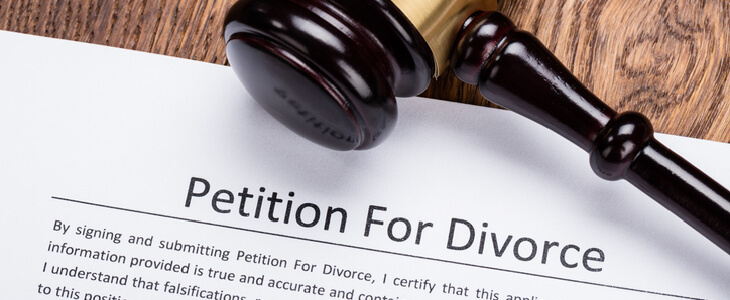When going through a divorce in Arizona, many people are surprised to learn that most divorce records are considered public. This means that the details of your case can often be accessed by anyone who takes the time to request them. While the law aims to promote transparency in the court system, the availability of such records can raise understandable privacy concerns.
At Cohen Family Law, we know how sensitive divorce matters can be. Although records are filed with the court, we will safeguard your personal information and approach your case with dignity and discretion.
Public Access to Divorce Records in Arizona
Under Arizona law, divorce decrees and most related filings are treated like other court documents—they are generally available to the public. This includes basic information such as:
- The names of both spouses
- Case numbers and filing dates
- Final orders regarding property division, spousal maintenance, and child custody
That said, not every detail is automatically visible. Some sensitive information, such as Social Security numbers or account numbers, is typically redacted under state and federal privacy protections.
Court records can be accessed in person at the clerk’s office in the county where the divorce was filed or, in some cases, online through public court record systems.
Can Divorce Records Be Sealed in Arizona?
Although divorce records are generally presumed to be public, it is possible to request that the court restrict access to certain information. This is done by filing a Motion to Seal.
However, the process is not automatic. A judge will carefully weigh the request, balancing the individual’s right to privacy against the public’s interest in open court proceedings. Judges rarely seal an entire divorce case but may agree to redact or restrict specific sections of the record when there is a strong justification.
Reasons a Judge May Seal Divorce Records
Courts are cautious about sealing records, but there are circumstances where protection is appropriate. A judge may consider sealing portions of a divorce record for reasons such as:
- Protecting the identity and safety of children
- Safeguarding victims of domestic violence or abuse
- Redacting sensitive financial details like bank account or tax information
- Keeping proprietary business or trade secrets confidential
- Preventing the release of false allegations that could cause reputational harm
Even when a request is granted, the records are usually redacted, not erased. This means only the sensitive parts are blocked from public view, while the rest of the case remains available.
Alternative Ways to Protect Your Privacy
If sealing your records isn’t an option, you may still be able to keep much of your personal information private. Two approaches that help limit what becomes public include:
Divorce Settlements Outside of Trial
When spouses settle their case through negotiation or mediation instead of litigation, fewer personal details are introduced into the court record. Instead of having every dispute documented at trial, only the final divorce decree and settlement agreement are filed with the court.
Collaborative Divorce
Collaborative divorce has become increasingly popular in Arizona. Both spouses, along with their attorneys, commit in writing to resolve issues without going to court. This process encourages cooperation and confidentiality. Benefits include:
- More control over the terms of your agreement
- Reduced public exposure of sensitive allegations
- Lower emotional toll, especially when children are involved
Because collaborative divorce avoids contested hearings, less personal information makes its way into the public record.
Parenting Plans and Privacy Concerns
One of the most sensitive areas of divorce involves children. In Arizona, parents are required to submit a parenting plan when custody is at issue. These plans outline how parents will share responsibilities, including decision-making authority and parenting time.
While the parenting plan becomes part of the divorce record, judges may agree to limit access to certain details when children’s safety or privacy is at risk. For example, addresses, school information, or medical details can often be redacted.
Parents concerned about protecting their children’s information should work closely with their attorneys to draft a plan that meets court requirements while minimizing unnecessary exposure to sensitive information.
How Cohen Family Law Can Help
Ending a marriage is already difficult without worrying about your private life being available for public viewing. At Cohen Family Law, we take your privacy seriously. Whether you need help requesting to seal specific records, structuring your parenting plan carefully, or exploring settlement options, we will guide you through the process with compassion and professionalism.
If you are facing divorce in Arizona and want to protect your personal information, reach out to us today. We are here to support you, protect your privacy, and help you move forward with confidence.

